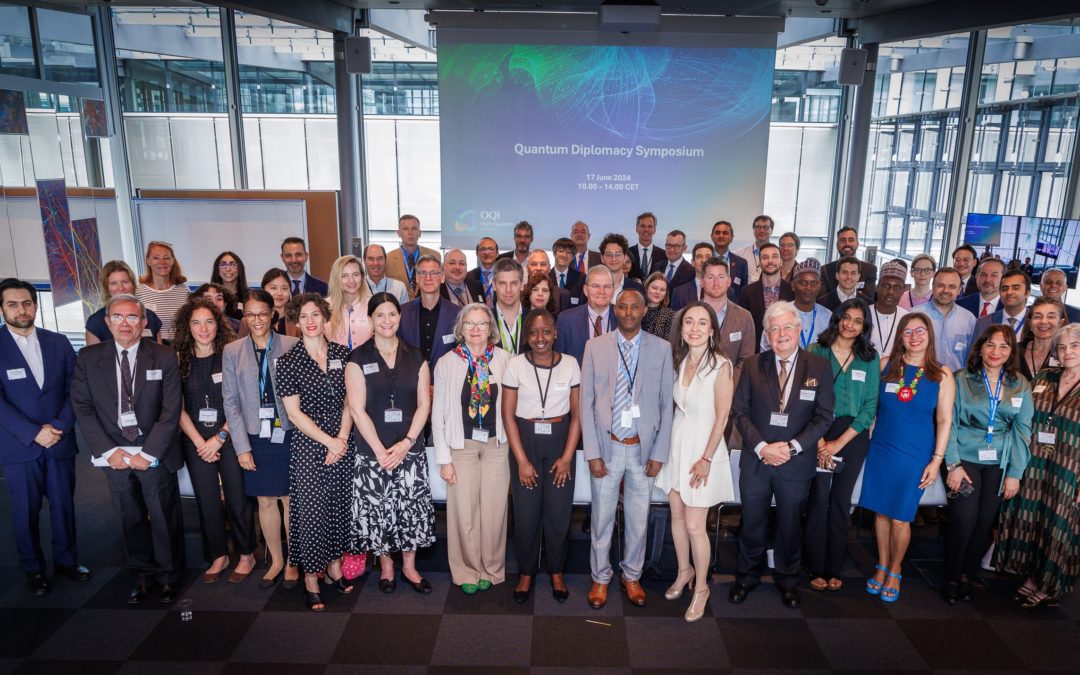GESDA hosted the first-ever Quantum Diplomacy Symposium on June 17, 2024.
The symposium aimed at fostering dialogue between Permanent Representatives in Geneva and other international key stakeholders, to anticipate the future multilateral governance of quantum computing for the SDGs. The collected inputs will be incorporated in the 2024 Intelligence Report on the Multilateral Governance of Quantum Computing for the SDGs, to be released at the GESDA Summit in October 2024.
GESDA was delighted to invite all Permanent Missions in Geneva and to enhance an inclusive dialogue.
Highlights from the Symposium
Encryption and Security
Quantum computers are set to break current encryption, risking today’s data being decrypted in the future. Solutions like post-quantum cryptography (PQC) and quantum key distribution (QKD) exist, but transitioning systems is time-consuming. National policies recommend expedited deployment. Technological polarization might lead to competing standards, harming interoperability. Future scalable quantum computers will enhance dual-use applications, such as chemistry simulations, requiring new safety designs and applying existing normative frameworks.
Value Chains and Sovereignty
Quantum computing value chains are global, fragmented, and interlinked with other critical digital technologies. Despite quantum computers being in their infancy with low manufacturing volumes, the industry faces significant choke points in sourcing enabling technologies, critical components, and raw materials like dilution refrigerators, gallium, germanium, and NLO crystals. Controlling these value chains ensures technological sovereignty and creates entry barriers. Advanced national quantum policies address critical dependencies in the value chain. While export controls and bilateral agreements are emerging, multilateral coordination mechanisms remain undeveloped
Access and Education
Quantum computing could worsen unequal access to digital technologies. The Global Digital Compass and the Pact of the Future advocates for multistakeholder action to create an inclusive and sustainable digital future. Policymakers need concise and trusted information to understand quantum computing’s impact. Cloud access enables the use of small-scale quantum computers for education and exploring novel use cases. Education and capacity building are essential, focusing on upskilling both computer scientists and experts in quantum computing application domains.
Human Capital
The quantum talent gap is narrowing, yet one third of job openings might remain unfilled in 2022, with the demand shifting from hardware to software and companies preparing to be quantum-ready. Educational programs in quantum technologies grew to 195 in 2023, with 55 universities offering master’s degrees, but mostly in Europe and the USA. Short applied programs for building quantum applications remain rare. The uncertain timeline for the maturity of quantum technology makes it difficult to decide when to intensify training efforts, highlighting the importance of adaptability and transferable skills.
Human Agency
Human agency, a multidisciplinary concept integrating psychology, physics, and social sciences, enables us to drive our actions and influence institutional change. Quantum Computing poses both risks, like reduced control over our actions, and opportunities to develop beneficial applications. Significant agency gaps exist globally due to unequal participation in decision-making, and strengthening multilateral governance is key to promoting evidence-based knowledge, future literacy, and SDG-aligned initiatives.










